WEB IProcess Pyme LITE!
Ideal for small companies that need productive modules, 10 corporate emails, 5 sections, 20 product catalog, 5 SEO campaigns, e-commerce.

 Español
Español
 English
English
"Parasite", winner of the Oscar for best picture, tells the story of a poor South Korean family living in a dark little semi-basement, and a wealthy family living in a glamorous residence in Seoul.
But while the Oscar winner is a work of fiction, the department she portrays is not. It is called banjiha and thousands of people live there in Seoul.
Julie Yoon from the BBC`s Korean service went to meet them to find out what it`s like to live there.
People can peek into your apartment through the windows. Teens occasionally smoke outside or spit on the ground.
"You know, I`m actually fine with my department," Oh says.
"I chose this place to save money and I am saving a lot. But I have noticed that I cannot help it that people feel sorry for me."
"In South Korea, people think it is important to have a good car or house. I think the banjiha symbolize poverty."
"Maybe that`s why where I live defines who I am."
In the middle of Parasite, as the poor Kim family infiltrates the lives of the Parks to try to make money from them, the younger Park, Da-song notices a scent among the Kims.
When Kim Ki-taek, the father, tries to get rid of the smell, his daughter coldly tells him, "It`s the smell from the basement. The smell won`t go away unless we get out of this place."
In 2018, the UN noted that despite being the 11th largest economy in the world, the lack of affordable housing in South Korea was a substantial barrier, especially for the youth and the poorest people.
For those under 35, the rent-to-income ratio has remained around 50% over the past decade.
Therefore, semi-basement apartments have become an affordable response to rapidly rising house prices. Monthly rents are around 540,000 South Korean won (US $ 453), while the average monthly salary for 20-somethings is 2 million won (US $ 1,679).
Social stigma
Still, some Banjiha residents struggle to overcome social stigma. Although not all.
Banjihas are not just a quirk of Seoul architecture, but a product of history. The roots of these small spaces go back decades, to the conflict between North Korea and South Korea.
In 1968, North Korean commandos entered Seoul on a mission to assassinate South Korean President Park Chung-hee.
In the summer, it suffers from unbearable humidity and battles against the rapid spread of mold.
The mission was unsuccessful, but tension between the two Koreas escalated. That same year, North Korea also attacked and captured a US Navy spy ship - the USS Pueblo.
Armed North Korean agents infiltrated South Korea and there were several terrorist incidents.
Fearing escalating tensions, in 1970, the South Korean government updated its building codes, requiring all newly constructed low-rise apartment buildings to have basements to serve as bunkers in the event of a national emergency.
At first, renting those banjiha spaces was illegal. But during the housing crisis of the 1980s, when the capital ran out of space, the government was forced to legalize these subways as homes.
His tiny bathroom lacks a sink and rises half a meter from the floor. His ceiling is so low that he has to stand with his legs spread to avoid hitting his head.
"When I first moved in, I was bruised from the bumps on my shin with the step and scratches from stretching my arms against the concrete walls," says Oh, 31, a worker in the logistics industry.
In the summer, it suffers from unbearable humidity and battles against the rapid spread of mold.
His tiny bathroom lacks a sink and rises half a meter from the floor. His ceiling is so low that he has to stand with his legs spread to avoid hitting his head.
"When I first moved in, I was bruised from the bumps on my shin with the step and scratches from stretching my arms against the concrete walls," says Oh, 31, a worker in the logistics industry.
But now he says he`s used to it.
"I know where all the obstacles and lights are."
Parasite ("Parasite"), director Bong Joon-ho`s movie hit, is a twisted tale of what you have and what you don`t have.
The extreme disparity between the two families, the rich Parks and the poor Kims, shows through their homes. One is a gleaming mansion in the hills above Seoul, the other a seedy basement.
However, in real Seoul, the banjihas are where thousands of young people end up living while working hard and hoping for a better future.
Publication Date: 2020-02-11
Source: BBC News Mundo
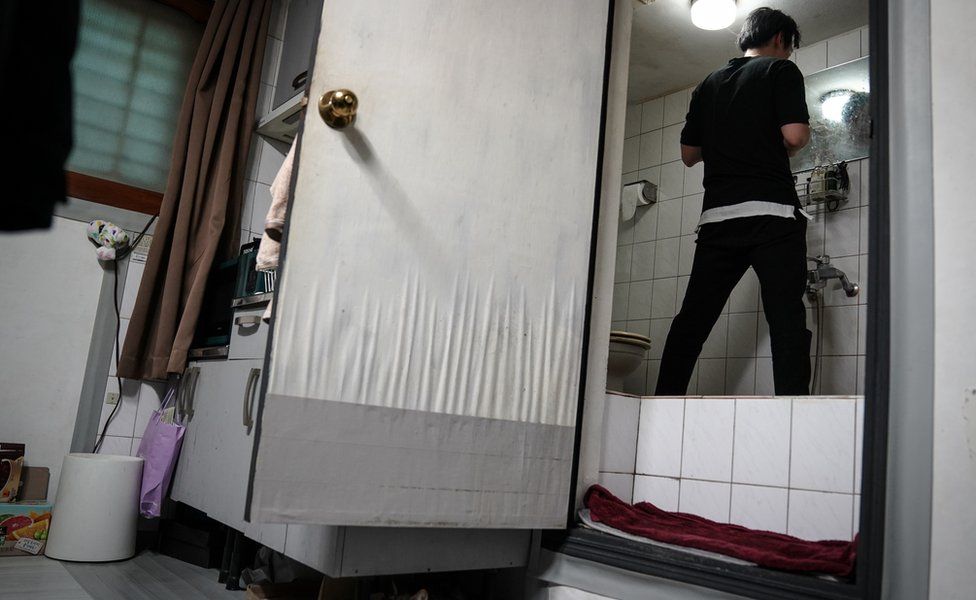
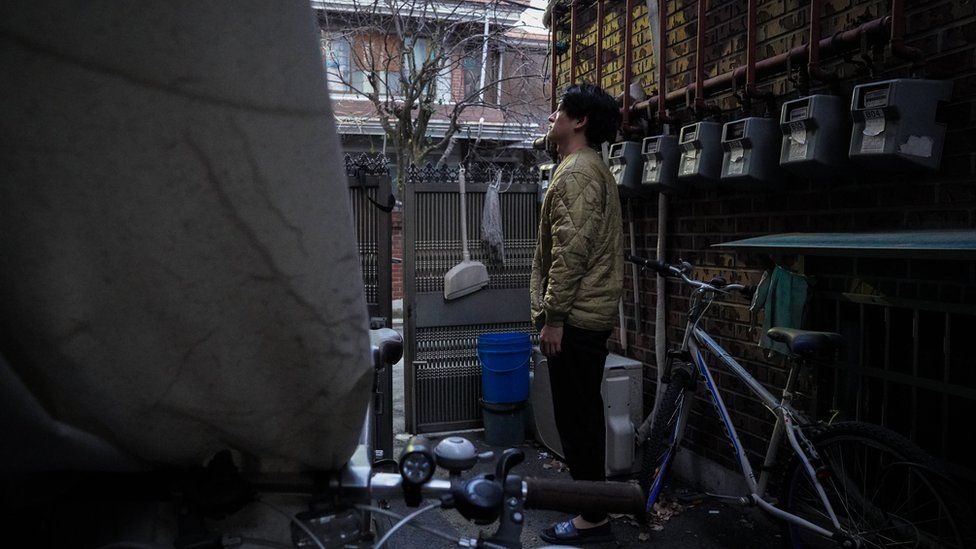
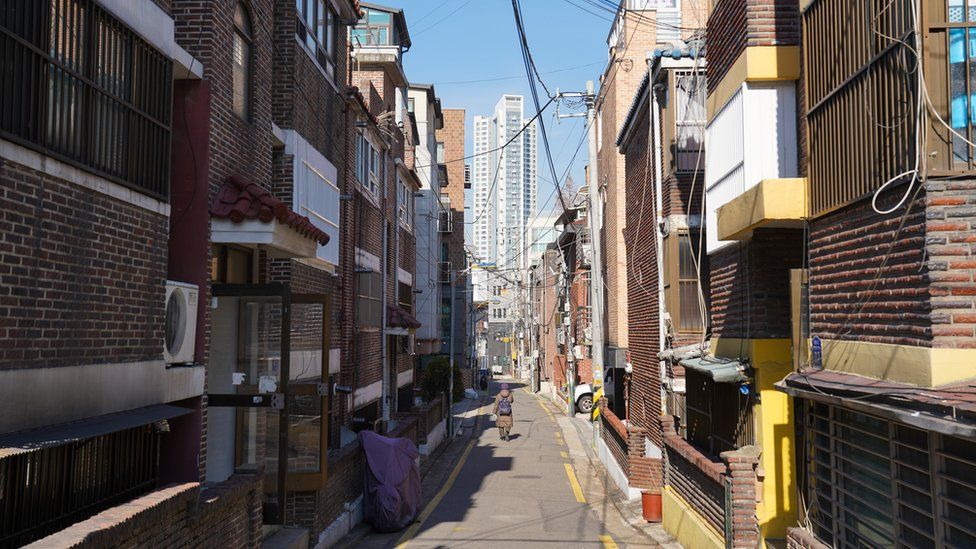
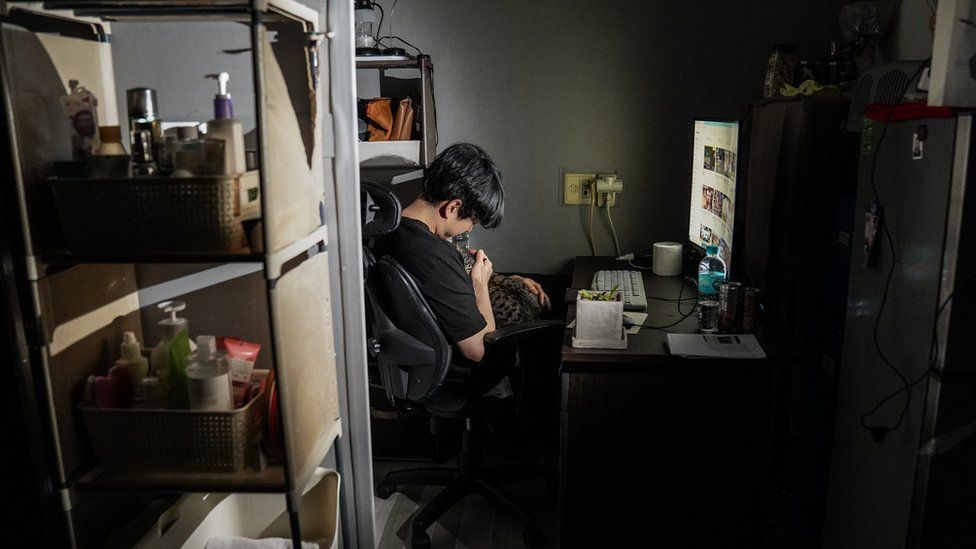
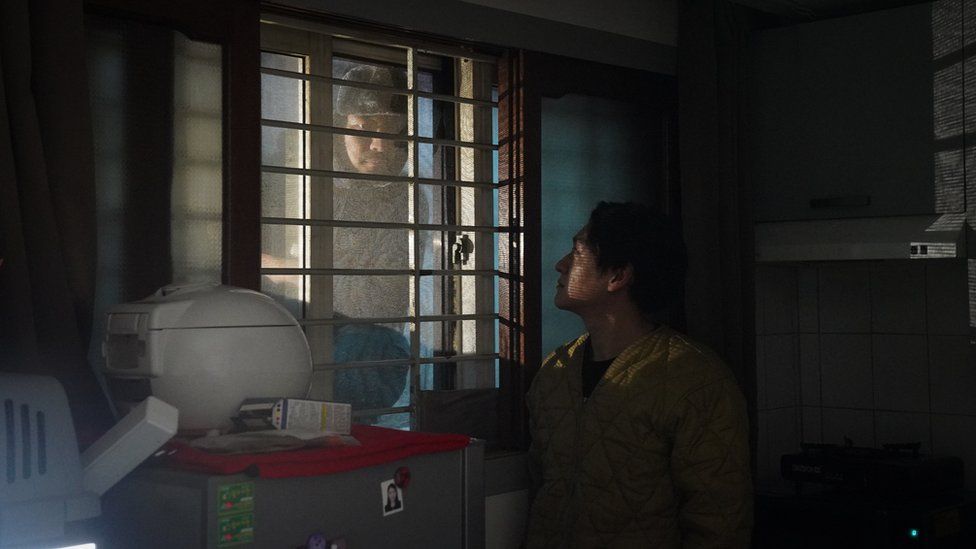
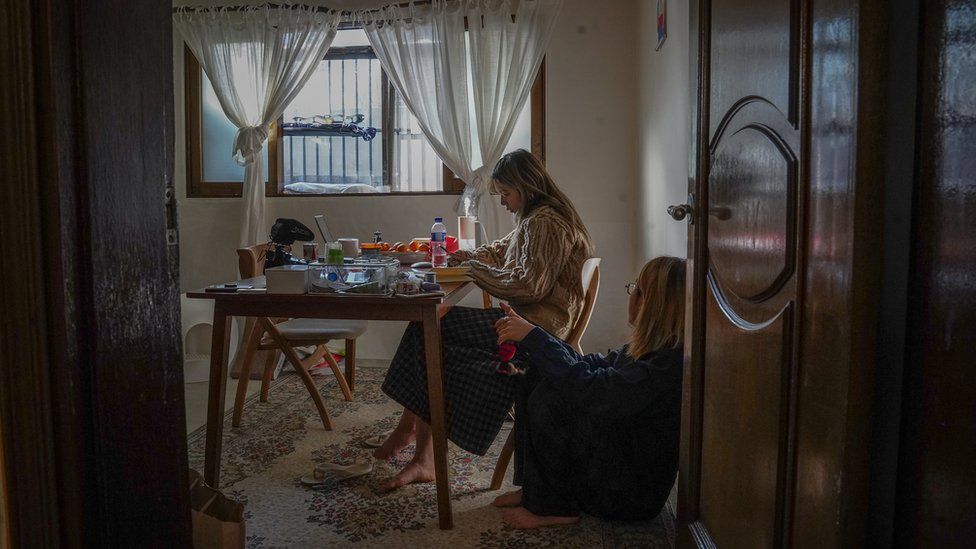
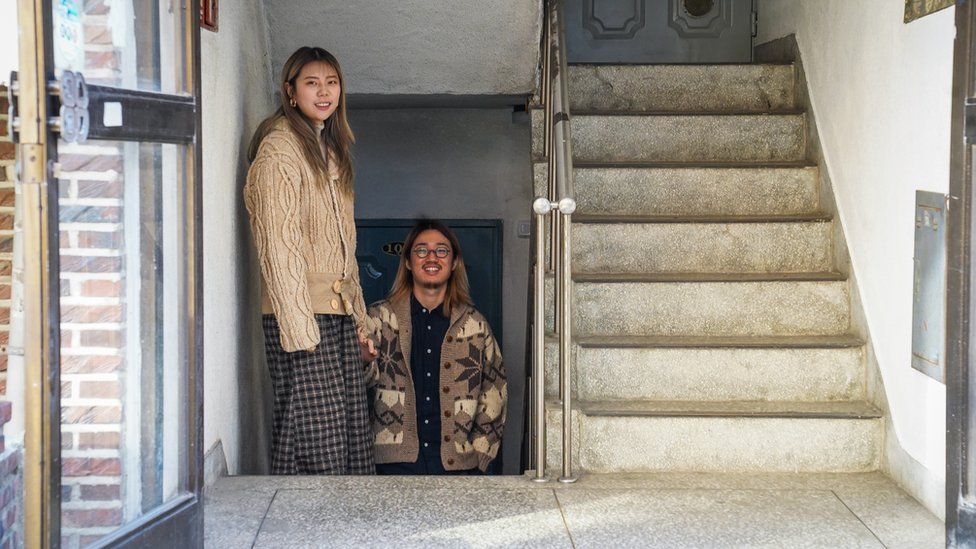

Ideal for small companies that need productive modules, 10 corporate emails, 5 sections, 20 product catalog, 5 SEO campaigns, e-commerce.

Ideal to start your presence on the internet, catalog of 5 products, updating documents, hosting, corporate emails and more!

Ideal for small companies that need productive modules, 10 corporate emails, 5 sections, 20 product catalog, 5 SEO campaigns, e-commerce.

Ideal to start your presence on the internet, catalog of 5 products, updating documents, hosting, corporate emails and more!







